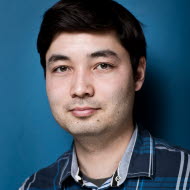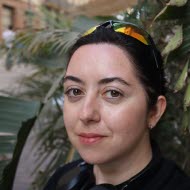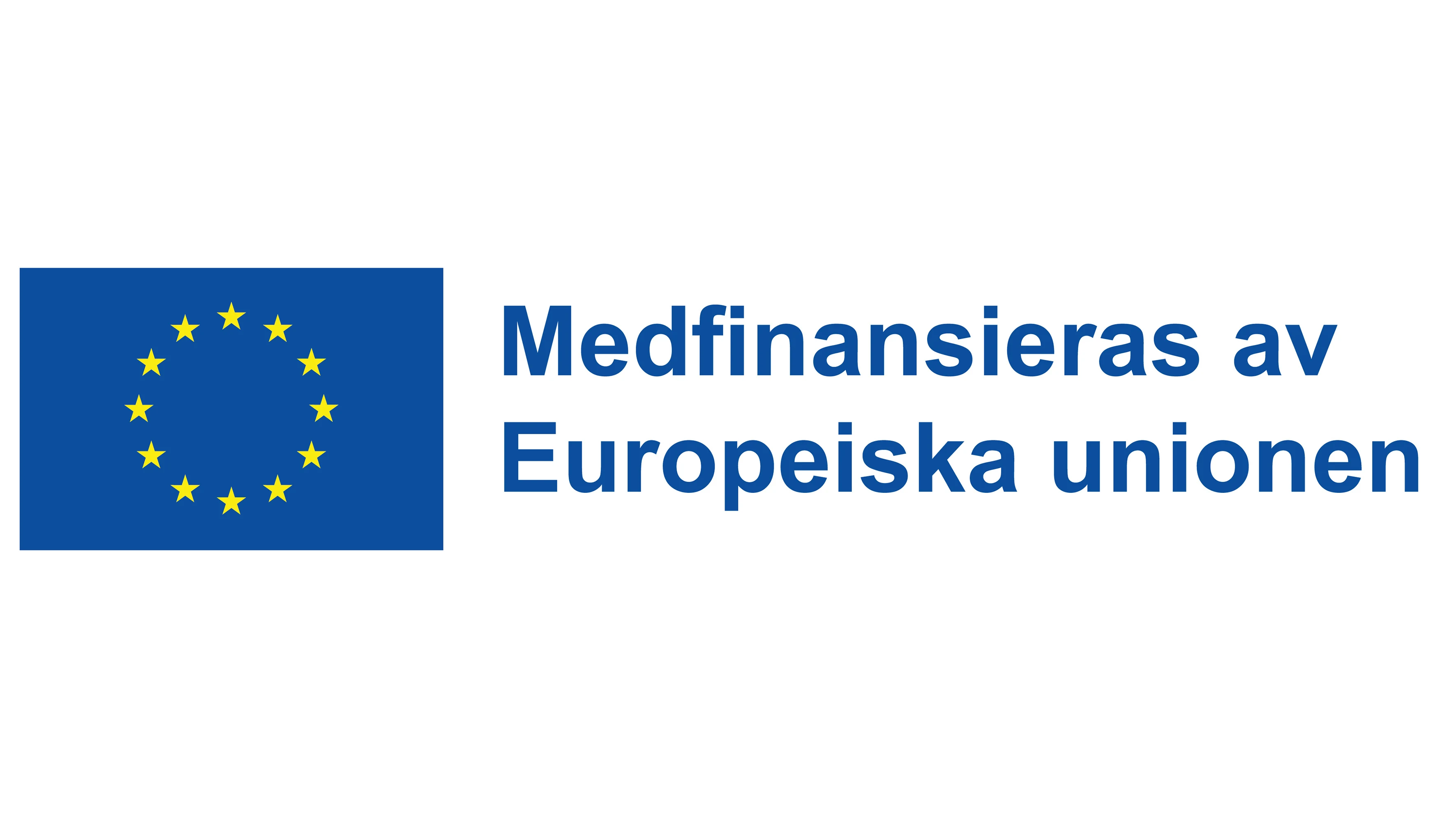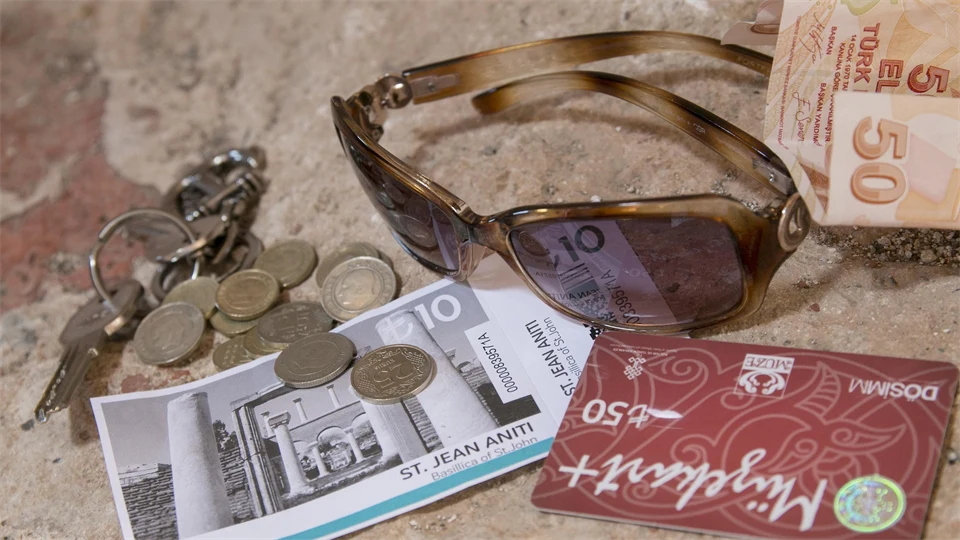Regenerative Economic Transfers for Universal Resilience in the North (RETURN)
Can tourist taxes and other fees make it possible to reinvest tourism revenues in host communities, to protect nature, finance maintenance, and strengthen local culture and economy?
Tourist taxes and other fees are increasingly being discussed as a solution to the costs associated with large tourist flows. Tourism generates revenue for smaller destinations, however, not all of it is reinvested in the host communities. Meanwhile infrastructure, natural and cultural heritage are put under pressure. This highlights the challenges of balancing economic growth, overtourism, environmental sustainability, and various health-related issues aligned with the UN's Agenda 2030.
The purpose of the project is to identify successful models for reinvesting tourism revenues into host communities in ways that support local communities and the environment. The project will result in policy recommendations, legal frameworks, and tools for regional capacity building.
This development project is a collaboration within the Interreg Northern Periphery and Arctic Programme, bringing together partners from Iceland, Greenland, the Faroe Islands, Sweden, Norway, Ireland, Scotland, and Finland. The transnational perspective is crucial for sharing knowledge between regions facing similar challenges. The goal of the cooperation strategy is a shared but locally adapted implementation of models that promote regional well-being rather than fostering competitive advantages and rivalry between destinations.
The participating project partners include tourism experts and organizations in tourism and environmental sectors, working together to support decision-makers in developing sustainable tourism models for the future of Northern Europe. The initiative is led by the University of Lapland in Rovaniemi.
Facts
Project period
250401-280331
Partners
Research centers
Subjects
- Kulturgeografi
- Economics
- Tourism Studies
Project leader
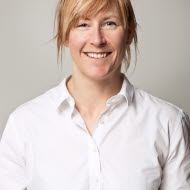
Project members
